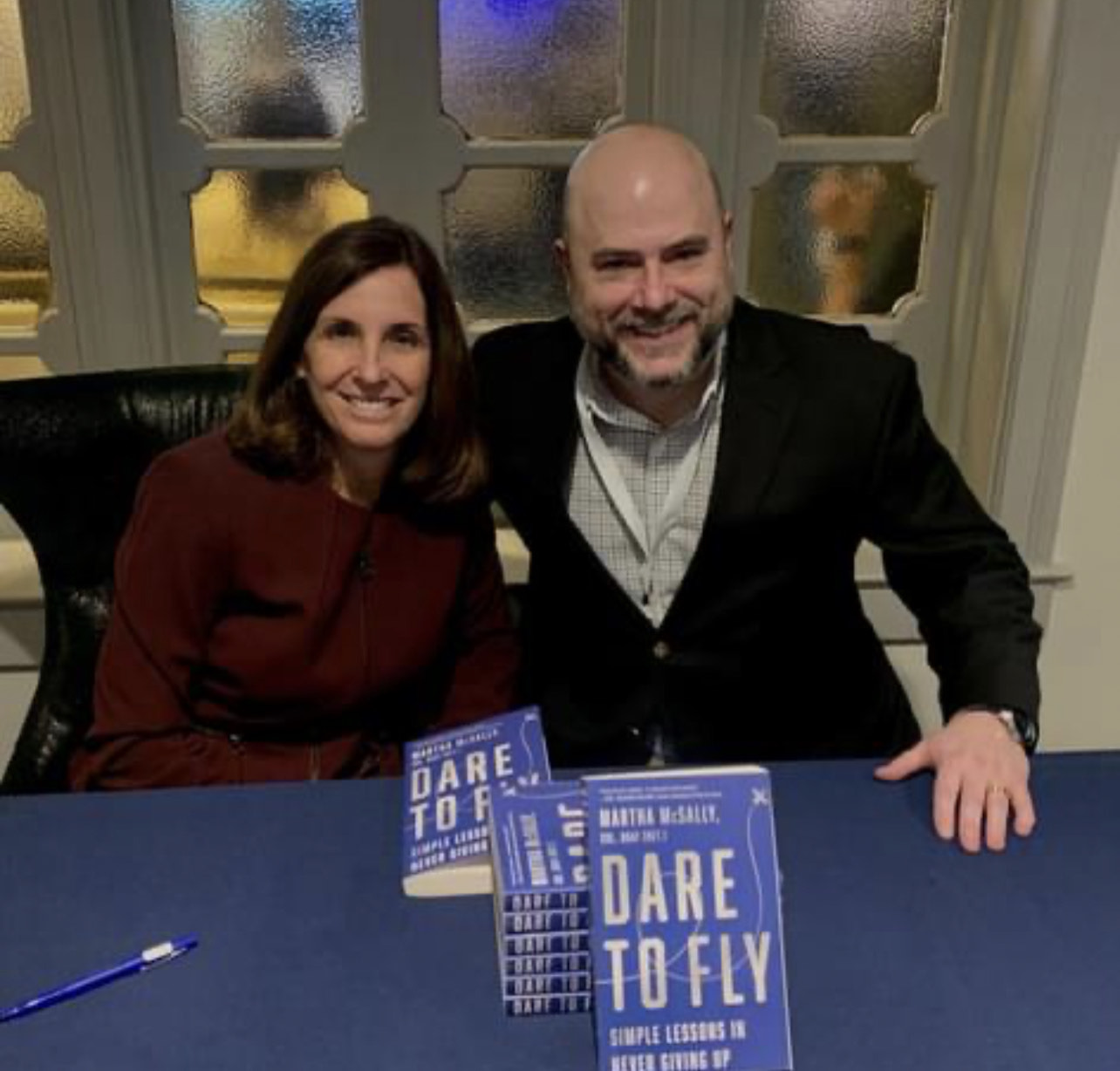
Embarking on a career as a consultant is both exhilarating and challenging. As a new consultant, you step into a world where your expertise is sought after and your recommendations can have a significant impact. However, with great potential comes the risk of making common mistakes that can hinder your success. In this article, we will explore the biggest mistakes to avoid as a new consultant, guiding how to navigate these potential pitfalls and thrive in your consulting career.
Neglecting Thorough Research
One of the new consultants’ most significant errors is underestimating the importance of thorough research. Your success as a consultant hinges on your ability to provide informed and data-driven recommendations to your clients. This requires a deep understanding of their industry, business, and specific challenges.
Andrew Lorenzen-Strait observes that, invest time in comprehensive research before taking on a new project to avoid this mistake. Understand your client’s business inside and out, including their industry, competitors, market trends, and historical data. The more you know, the better equipped you’ll be to offer valuable insights and solutions.
Failing to Define Clear Objectives
New consultants often dive into projects that need to define objectives clearly. This can lead to confusion, misalignment with clients, and wasted time and resources. Before you start any project, it’s crucial to establish clear and measurable objectives. What does your client hope to achieve, and how will you help them?
By setting specific goals, you create a roadmap for your consulting engagement. This keeps you on track and allows you to demonstrate your value to clients by showing how you’ve helped them reach their objectives.
Overpromising and Underdelivering
New consultants sometimes overpromise in the eagerness to win clients and make a good impression. This can lead to unrealistic expectations and disappointment if you can’t meet the commitments you’ve made.
To avoid this mistake, be honest and transparent about what you can deliver. It’s better to underpromise and overdeliver than the other way around. Clients appreciate consultants who are realistic and trustworthy.
Lack of Effective Communication
Communication is a linchpin in consulting. Failing to establish open and effective communication with your clients can lead to misunderstandings, missed opportunities, and dissatisfaction. Some common communication mistakes include not listening actively, failing to keep clients informed, and using overly technical jargon.
To be a successful consultant, cultivate strong communication skills. Listen to your clients’ needs, update them on your progress, and explain your findings and recommendations clearly and clearly.
Neglecting the Human Element
Consulting isn’t just about data and analysis; it’s also about relationships and understanding the human aspect of business. New consultants must consider the people involved before focusing solely on numbers and solutions.
To avoid this mistake, take the time to understand the individuals and dynamics within your client’s organization. Build rapport and trust with the people you work with, from top executives to front-line employees. Recognize that organizational change often depends on the buy-in and cooperation of these individuals.
Underpricing Services
In a competitive market, new consultants may feel pressured to offer their services at a lower price to win clients. While this may attract initial business, underpricing can lead to undervaluing your expertise and struggling to sustain your practice in the long run.
Instead of underpricing, focus on showcasing the unique value you bring to your clients. Emphasize your expertise, results, and the impact you can have on their business. Clients often pay a premium for consultants who can demonstrate the tangible benefits they provide.
Disregarding Feedback
Feedback is a valuable source of improvement for new consultants. However, some may need to pay more attention to feedback from clients or colleagues.
Embrace feedback as an opportunity to grow and refine your skills. Act on constructive criticism and use it to enhance your consulting approach. Clients appreciate consultants who are open to improvement and responsive to their input.
Becoming a successful consultant is a journey that involves learning from both successes and mistakes. By avoiding the common pitfalls discussed in this article, new consultants can set themselves on a path to providing exceptional value to clients, building lasting relationships, and thriving in the dynamic consulting world. Embrace these lessons, continually refine your skills, and approach each project with a commitment to excellence, and you’ll be well on your way to becoming a highly effective consultant.